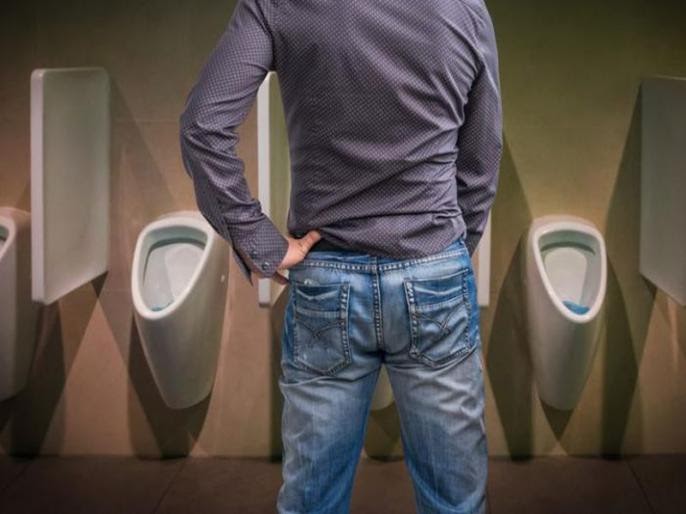: Often we get stuck in a situation where due to lack of toilet we have to stop urination for a long time. It is common for this to happen on long journeys or in places without toilets, but do you know that it can lead to serious illness.
Let us know how…
How much urine can a person hold?
The bladder is a hollow, pear-shaped organ that forms part of the urinary system. The bladder’s role is to store urine, but it also releases urine when exceeded, which amounts to about a pint or two cups of liquid. However, in some circumstances, it can hold more than this.
When it is half filled we start feeling the urge to urinate.
What will happen if you stop urination?
When you repeatedly hold in urine, your bladder stretches and the muscles weaken. As time goes on, it may become difficult for your bladder to empty completely. This can lead to urinary retention, and an inability to completely empty the bladder.
Ignoring the urge to urinate regularly can cause pain or discomfort in the bladder or kidneys. When you finally go to the bathroom, urinating may seem painful.
In addition, the muscles involved in holding urine may remain partially tense even after emptying the bladder, potentially leading to pelvic spasm.
One of the most common discomforts caused by holding urine for too long is a urinary tract infection. This can increase bacteria.
According to the Urology Care Foundation, people should avoid holding urine for long periods of time, as this increases the risk of UTI. Dehydration, poor personal hygiene, and certain medications can also increase the risk of developing a UTI.
Common symptoms of UTI include:
Burning or stinging sensation while urinating
pain in the pelvis or lower abdomen
frequent urge to urinate
Strong or foul smelling urine
urine becoming cloudy or discolored
persistent darkening of urine
blood in urine
bladder strain
As mentioned earlier, in the long run, regularly holding back urination can stretch the bladder and cause the bladder to shrink and make it difficult or sometimes impossible to release urine.
If a person has a distended bladder, sometimes additional measures, such as a catheter, may be necessary.
damage to pelvic floor muscles
Holding in to urinate regularly can put pressure on the pelvic floor muscles and potentially damage them. A major muscle, the urethral sphincter, helps keep the urethra closed to prevent leakage. Damage to this muscle can lead to urinary incontinence. Performing pelvic floor exercises such as Kegels can help strengthen these muscles, repair damage, and reduce the risk of leakage.
kidney stone
For individuals with kidney stones or who have high mineral levels in their urine, holding back urination may contribute to stone formation. Urine naturally contains minerals such as uric acid and calcium oxalate, which can crystallize over time to form stones.
Disclaimer: Dear reader, thank you for reading our news. This news has been written only for the purpose of making you aware. We have taken the help of home remedies and general information in writing this. If you read anything related to your health anywhere, definitely consult a doctor before adopting it.
